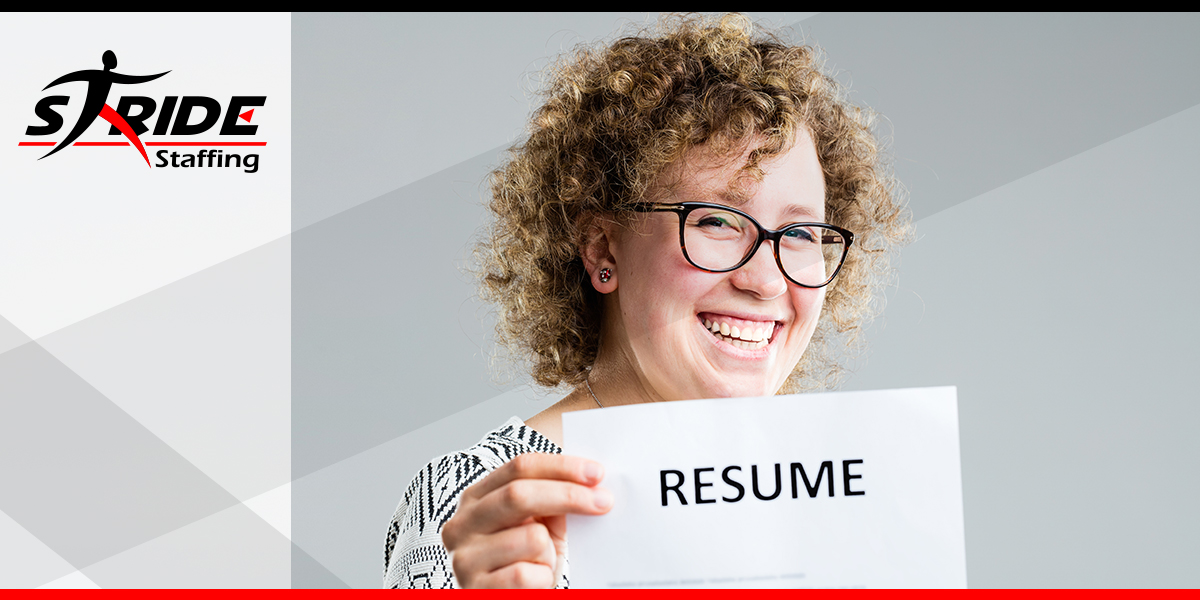You’ve got a new job! Congratulations. It’s an exciting time.
First days are exciting. It’s important to be prepared and do a great job to impress your new employers.
Here are some tips on how you can be better prepared.
1) Know Your Route to Work
Don’t wait for the first day to figure out how to get to work! That increases the chances of delays — and means you might either be late to your first day or very stressed when you get there. Neither will make a good first impression.
If you’re driving, do a practice run to see how long it takes you. Drive at least several days before at the same time as you’ll be driving to work. Why? Because if there is heavy traffic or construction on the roads during those hours, you want to know that! You may need to give yourself more time than a map indicates to get there. You don’t want to find out the first day.
If you’re taking a bus or other public transportation, do a practice run at the same time you’ll be catching public transportation. Again, you want to trouble-shoot potential problems that could make you late. Does the bus show up when it should? Can you find where you catch it?
2) Be on Time
Showing up on time is probably the most important thing on the first day of a new job. Why? Because the company sees it as a sign of how reliable and responsible you’re going to be. Whatever happens, you don’t want to be late.
In addition to knowing your route to work, get everything else you’ll need ready the day before. Lay your clothes out. Make sure they are clean and pressed.
If you’re going to be taking a lunch, get it ready the night before.
Set your alarm in plenty of time to get ready. Give yourself a buffer so that if there are any hitches, they don’t make you late.
Plan to be to work at least 15 minutes early. It makes you look organized and on top of the situation.
3) Make Sure You Have Your Work Supplies/Required Tools for the Job
If you’ve been told to bring any supplies or tools, be sure you have them before the first day on the job. Get them in plenty of time before the new job. Don’t wait until the day before, as they might not be available.
Be sure to pack them and bring them. Write yourself a note and stick it on the refrigerator or other place you know you’ll see it so you don’t forget.
4) Report to the Right Person
The person you’re reporting to needs to know you are there. Don’t just tell the first person you see.
Get the name of your report from your staffing agency. Make sure you find that person and let them know you’re here, on time, and ready to work.
A Staffing Agency Can Help You Find a New Job
If you’re looking for a new job, we can help. Stride Staffing’s goal is to build stronger connections between employers and individuals by doing staffing differently. Really.
Contact us today for our employment agencies in Mesquite, Texas and other locations.



